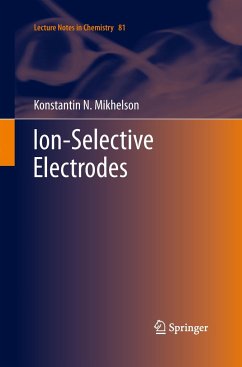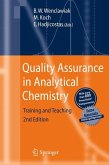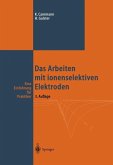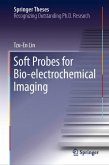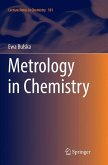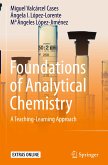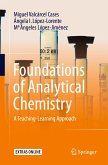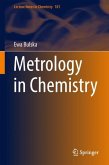Ion-selective electrodes (ISEs) have a wide range of applications in clinical, environmental, food and pharmaceutical analysis as well as further uses in chemistry and life sciences. Based on his profound experience as a researcher in ISEs and a course instructor, the author summarizes current knowledge for advanced teaching and training purposes with a particular focus on ionophore-based ISEs. Coverage includes the basics of measuring with ISEs, essential membrane potential theory and a comprehensive overview of the various classes of ion-selective electrodes. The principles of constructing ISEs are outlined, and the transfer of methods into routine analysis is considered. Advanced students, researchers, and practitioners will benefit from this expedient introduction.
From the reviews:
"Ion-Selective Electrodes is a monograph focusing on the theoretical aspects of the different kinds of ISEs. ... the author discusses the most important analytical characteristics of ISEs in detail and their correlation to the material properties of the sensing membrane and the working mechanism of the electrode. ... The book is clearly written and well structured. It is recommended for those who wish to use these exciting devices with an understanding of their advantages and limitations based on the theory. " (Erno Lindner, Analytical Bioanalytical Chemistry, November, 2013)
"Ion-Selective Electrodes is a monograph focusing on the theoretical aspects of the different kinds of ISEs. ... the author discusses the most important analytical characteristics of ISEs in detail and their correlation to the material properties of the sensing membrane and the working mechanism of the electrode. ... The book is clearly written and well structured. It is recommended for those who wish to use these exciting devices with an understanding of their advantages and limitations based on the theory. " (Erno Lindner, Analytical Bioanalytical Chemistry, November, 2013)

